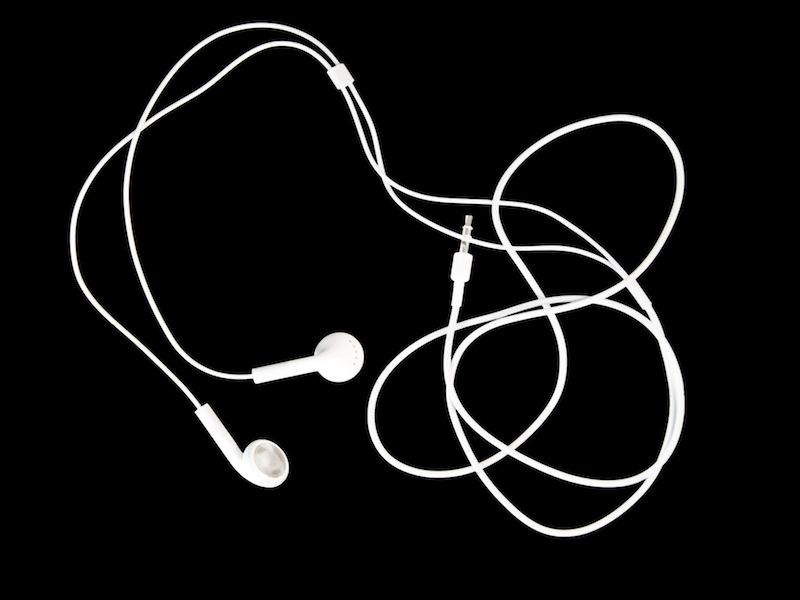
If you haven’t had your hearing tested since your grade school days, you’re not alone. Sadly, we have a habit of treating hearing loss reactively instead of proactively, and a regular adult checkup typically doesn’t include a hearing test. As a matter of fact, even when they recognize they have loss of hearing, the majority of people ignore it for as many as seven years which can seriously impact your health. As a matter of fact, in the long run, it’s been proven that your overall health expense will go up if you have untreated hearing loss.
The good news, So that our hearing specialists to help you, we suggest a hearing exam which is easy, painless and provides a wealth of information. Both to find out if interventions such as hearing aids are helping you and also for diagnosing potential hearing issues. When you were a child, you might recall the audiometry test from school, but a full hearing test will give you a clearer understanding of your hearing without a sticker or a lollipop.
While you may not give the condition of your hearing as much thought as you do the health of your teeth or your eyes, it is crucial that you regularly get your hearing examined. It can be a long time before you detect that there is an issue with your hearing. Because hearing loss normally takes place gradually over time it’s not easy to detect it at first, but the sooner you can, the more likely you will be able to effectively treat it.
How do You Know When You Should be Examined?
All infants should be evaluated for hearing loss, and usually, the hospital takes care of that before they are sent home. The American Academy of Pediatrics advises that children undergo formal hearing tests when they are 4, 5, 6, 8 and 10 years of age and that teenagers should have hearing exams during wellness visits with their physicians.
If you are between the ages of 18 to 45, it is suggested that you get your hearing checked every five years and then more often as you get older. After you turn 60 you need to be examined every two years and if you are between 46 and 60 every three years. But you may need to get tested more often. The frequency with which you need to get tested will really depend on your individual situation. You should have your hearing examined right away if you notice it isn’t as good as it used to be. Untreated hearing loss has been linked to cognitive decline, depression and a greater risk of falling and other health concerns. It can also affect your relationships and your ability to work effectively.
And you should have a hearing test, in some situations, as soon as possible if you have hearing loss that is getting worse quickly. The following situations indicate that you need to get a hearing test immediately:
- You are experiencing a constant ringing in your ears
- Pinpointing where sounds are coming from is difficult
- You are experiencing vertigo
- Your ear was infected, or there was a buildup of earwax
- Conversations are difficult to hear when you are in a crowded area especially
- You find yourself having to constantly ask people to repeat themselves
Another factor is whether you are at a greater risk for hearing loss. You should have your hearing checked more frequently, as an example, if you are exposed to loud noise or if loss of hearing runs in your family.
Also, over 200 ototoxic medications exist. From Aspirin to some antibiotics, these medications can be very bad for your hearing. Check with your doctor to make certain any medicines you are taking aren’t impacting your hearing. If you need to use a medication that you know is ototoxic, think about getting more frequent hearing testing so you can deal with any hearing loss immediately.
Also, take into consideration how your habits might be affecting your hearing loss. Frequently using your earbuds? There’s been a significant increase in younger people who have hearing loss, which many experts connect to the increased use of earbuds and other headsets. Your hearing can also be substantially damaged by machinery, shows, or loud concerts. If you think that it’s time for you to get your hearing tested, schedule an appointment today.
